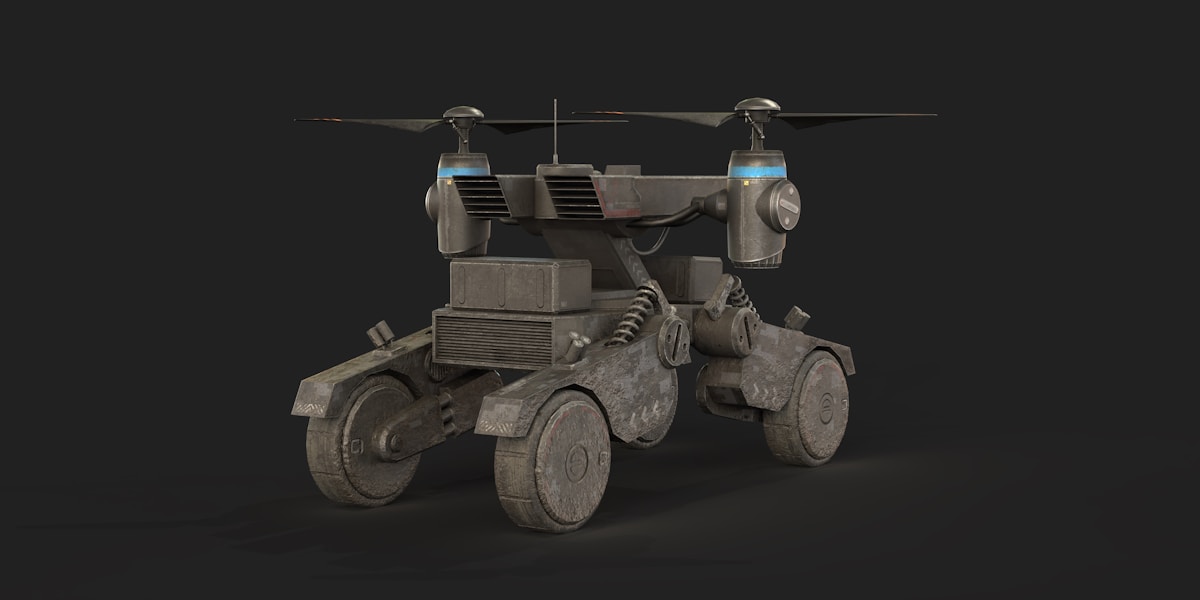Back to Industry News
General
Dagens industri: Swedish Bankruptcies Up as Defense Tech Thrives
Summary generated with AI, editor-reviewed
Heartspace News Desk
•Source: Dagens industri

Photo by Sergey Koznov on Unsplash
Stay updated on stories like this
Key takeaways
- Sweden's economy presents a mixed picture, with widespread bankruptcies contrasting sharply with growth in the high-tech defense sector
- According to Tillväxtanalys, government agency, business failures have risen sharply this year, with 5,881 companies declaring bankruptcy
- This represents a ten percent increase in affected employees compared to the same period last year
Sweden's economy presents a mixed picture, with widespread bankruptcies contrasting sharply with growth in the high-tech defense sector. According to Tillväxtanalys, government agency, business failures have risen sharply this year, with 5,881 companies declaring bankruptcy. This represents a ten percent increase in affected employees compared to the same period last year. June alone saw 966 bankruptcies, impacting over 2,600 employees. Stephen Schad, CEO of Frilans Finans, suggests that self-employment companies offer a viable solution for freelancers by managing administrative burdens and assuming legal responsibility, thus reducing the risk of personal bankruptcy.
Conversely, a modern defense cluster is flourishing in Kista, Stockholm, driven by evolving security challenges. James Campion, CEO of TERASi, emphasizes the importance of technology and innovation as his company develops secure, decentralized communication systems. This hub also includes companies like Avioniq, which utilizes AI-based decision support to enhance the performance of Swedish fighter pilots.
Milrem Robotics exemplifies this growth, establishing itself as a global leader in Unmanned Ground Vehicles (UGVs), with deliveries to over 20 countries. Stefan Behre, Sales Manager at Milrem, highlights the "decisive role" of these AI-driven robots in future conflicts, envisioning a scenario of "First contact no blood." These UGVs are designed for continuous operation in challenging environments, capable of transporting supplies or being equipped as weapon platforms.
Related Topics
bankruptcydefense technologyAIroboticscybersecuritySwedeninnovation
Never miss stories like this